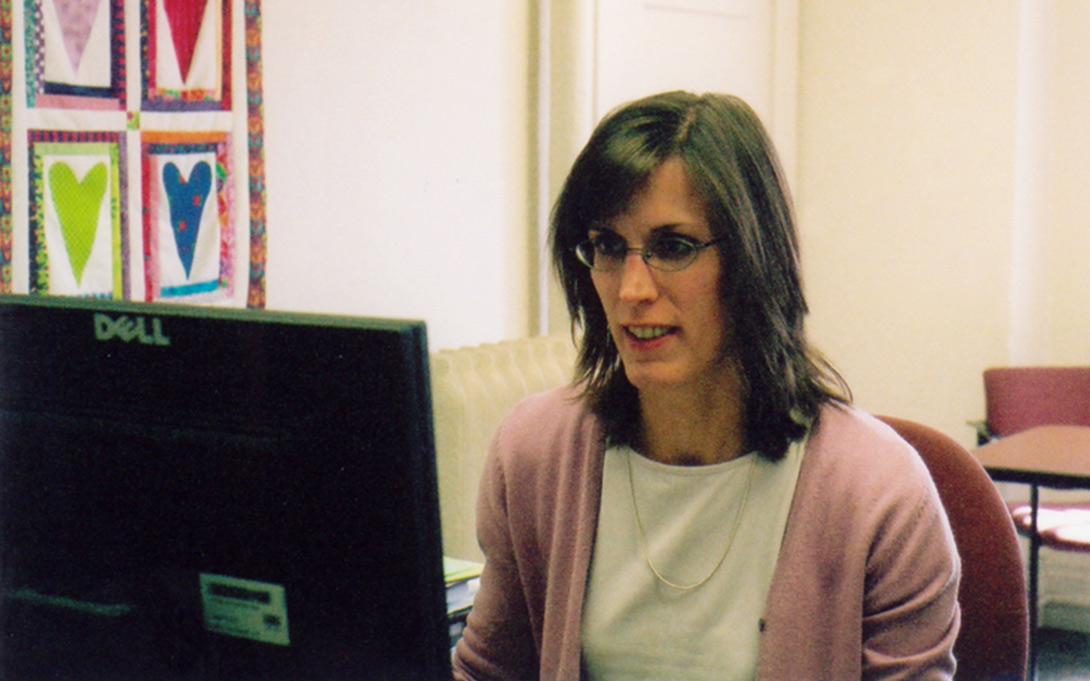
In “Up by your bootstraps,” a State of Opportunity special that aired today on Michigan Radio, Sarah Alvarez interviews Kristin Seefeldt about “policymaking by anecdote.”
“Seefeldt says the number-one myth about poverty she sees making its way into policy is the idea that low-income people don’t work, when in fact the vast majority are working but not earning enough to move them up the economic ladder,” says Alvarez.
“I think we’re in one of those eras where there’s a lot of policymaking by anecdote, rather than taking into account what we know from all of the research that a lot of great people are conducting.”
Seefeldt describes the myth that people "are somehow living high on the hog with their food stamp benefits”—which justifies the push to cut funding for food stamps and change the way the program is administered.
“These are uncertain economic times for a lot of people, and when you are feeling insecure it’s easy to grab on to these ideas that there’s other people who are out there who are making things bad and ripping off the system while you yourself are trying so hard,“ says Seefeldt.
Kristin Seefeldt is an assistant professor of public policy at the Gerald R. Ford School of Public Policy and an assistant professor of social work at the University of Michigan’s School of Social Work. She is the author of Working After Welfare (W.E. Upjohn Institute Press) which discusses employment advancement and work-family balance challenges as experienced by former welfare recipients.